Seasonal Cedar Tree Maintenance for Optimal Growth
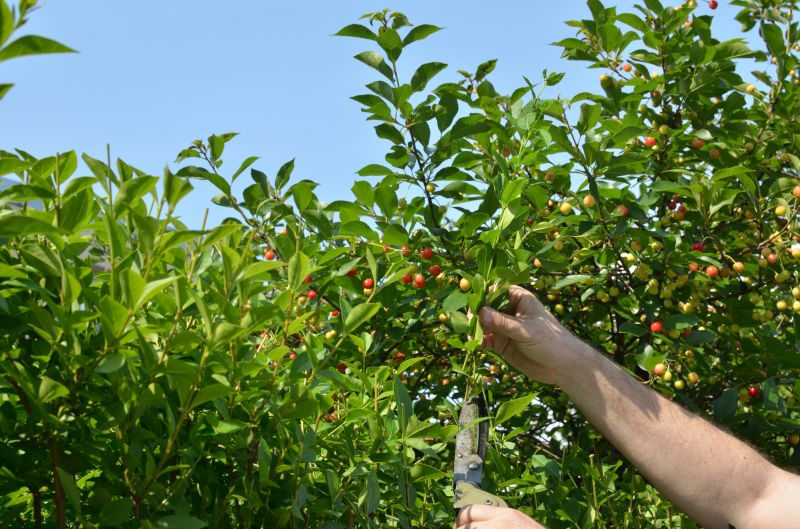
Tools used for cedar trimming include pruning shears, loppers, and saws, which ensure precise cuts and minimize damage.
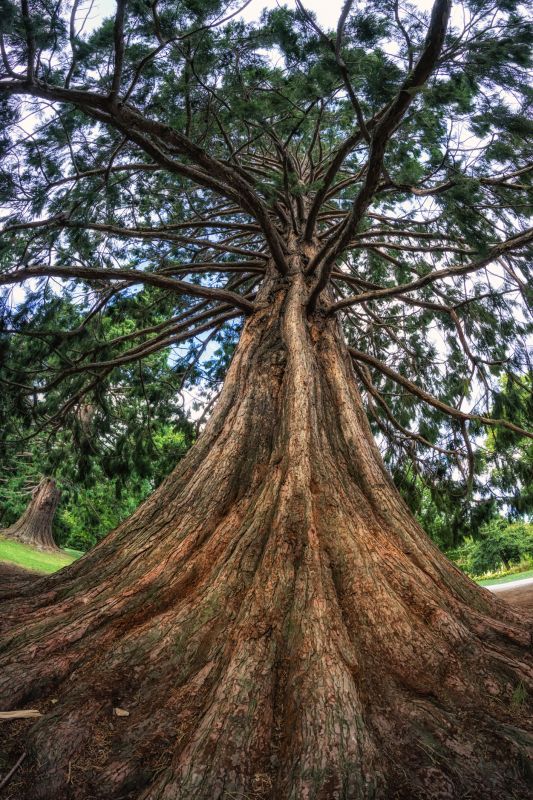
A mature cedar with overgrown branches, ready for professional trimming to improve health and aesthetics.
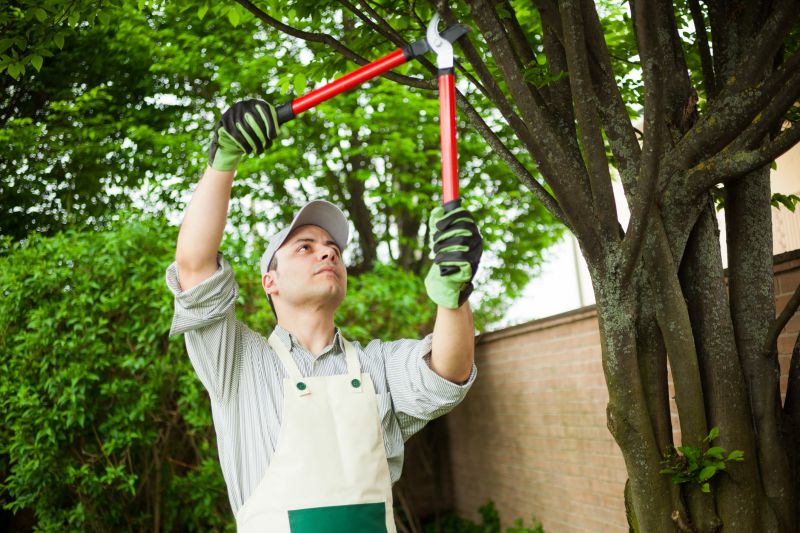
Cleanly cut cedar branches that have been removed during the trimming process.
Regular cedar tree trimming is essential for maintaining the tree’s structural integrity and aesthetic appeal. Overgrown branches can lead to safety hazards, such as falling limbs during storms, and may also hinder the tree’s growth. Professional arborists typically take between one to three hours to complete cedar trimming, depending on the size and complexity of the tree.
The trimming process involves assessing the tree’s health, removing dead or diseased branches, and shaping the tree for optimal growth. Professionals use specialized tools and techniques to ensure cuts are clean and promote quick healing. Hiring a professional guarantees that the work is performed safely and effectively, reducing the risk of damage to the tree or surrounding property.
Professional trimming improves tree health, enhances appearance, and reduces safety risks.
Techniques include crown thinning, crown raising, and structural pruning to support healthy growth.
Best times for trimming are during the late winter or early spring, before the growing season begins.
Professionals utilize pruning saws, pole pruners, and other specialized tools for precise work.
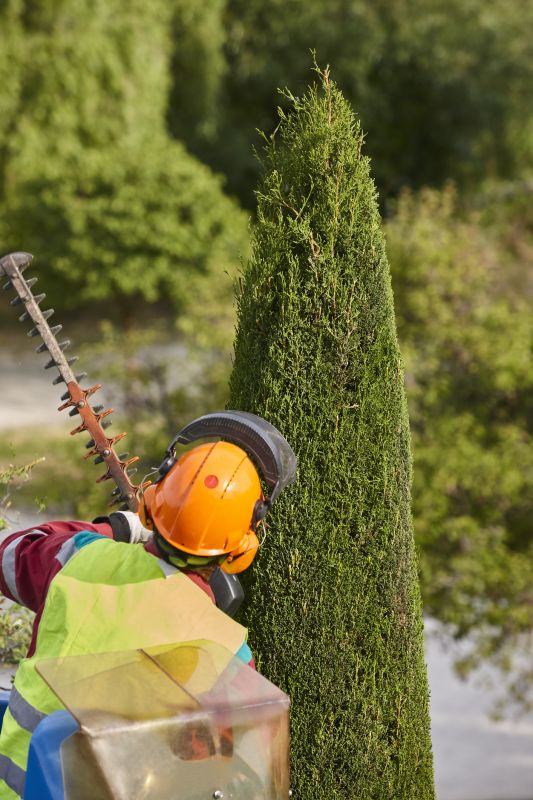
A cedar tree after professional trimming, showing a balanced and healthy shape.
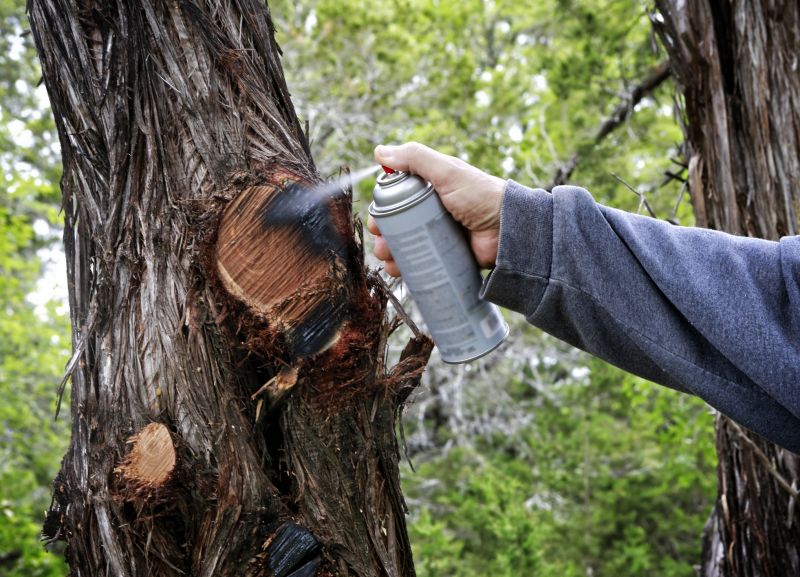
Freshly cut branches that demonstrate clean cuts and proper pruning techniques.
Proper cedar trimming not only maintains the aesthetic appeal of the tree but also promotes its longevity. For those interested in enhancing their landscape or ensuring safety, consulting with a professional arborist is recommended. Filling out the contact form can provide a tailored quote and expert advice on cedar tree trimming services.
